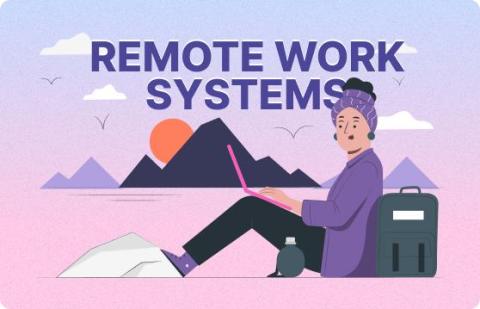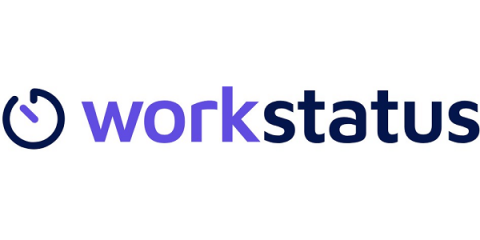6 home office setup hacks to upgrade your space
A small space can function as a home office, but turning that space into an optimal work environment takes time, mindfulness, and some essential items. In this piece, we provide tips for improving your home office setup so you have a dedicated space to focus on high-impact work. One of the nicest parts of working from home is moving from your bed to your office without a long commute or the need for business casual attire.











